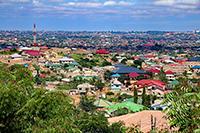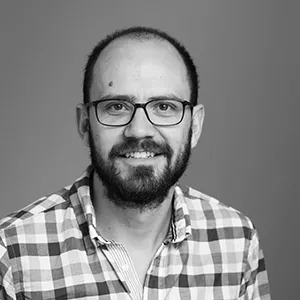Research objectives
- Understand the implications of long-term transformations in societies, such as population dynamics and changes in norms and values, for everyday travel;
- Examine how the use and design of transport systems reflect and shape social and economic inequalities;
- Explore the links of transport system use with social relations and identities;
- Make active contributions to transport related policies, community actions and other initiatives that redress inequalities and empower disadvantaged groups and communities.
Current research projects
Past research projects
The impacts of commuting on employment and well-being of different social groups in African cities are understudied. This pilot project addresses the gender dimensions and implications of congestion and mobility in Accra, Ghana - a rapidly growing city with inadequate provision of housing and transport infrastructure amidst limited employment opportunities. It will deploy a survey of 500 commuters and focus groups and use the resulting data to explore the impact of commuting on labour market activities, health and well-being given prevailing socio-cultural gender norms. The project will deliver proof-of-concept for the methodology, build capacity for a large grant application, and generate three journal articles.

The energy storage capacity of electric vehicles (EVs) presents new opportunities and value propositions for vehicle-to-grid (V2G) power system services. Potential benefits could include the alleviation of the need for generation and transmission investments and increases in network efficiency and energy security. These benefits arise as V2G technologies enable EVs to deliver electricity from their batteries back into the smart grid which can then be used to power homes and businesses.

PEAK Urban is a 51-month, international, multidisciplinary programme (PI Michael Keith, University of Oxford) funded by the Research Councils UK Global Challenges Research Fund (GCRF) of UK Research and Innovation and involving researchers at the University of Oxford, Peking University, University of Cape Town, the Indian Institute for Human Settlements and EAFIT University.




